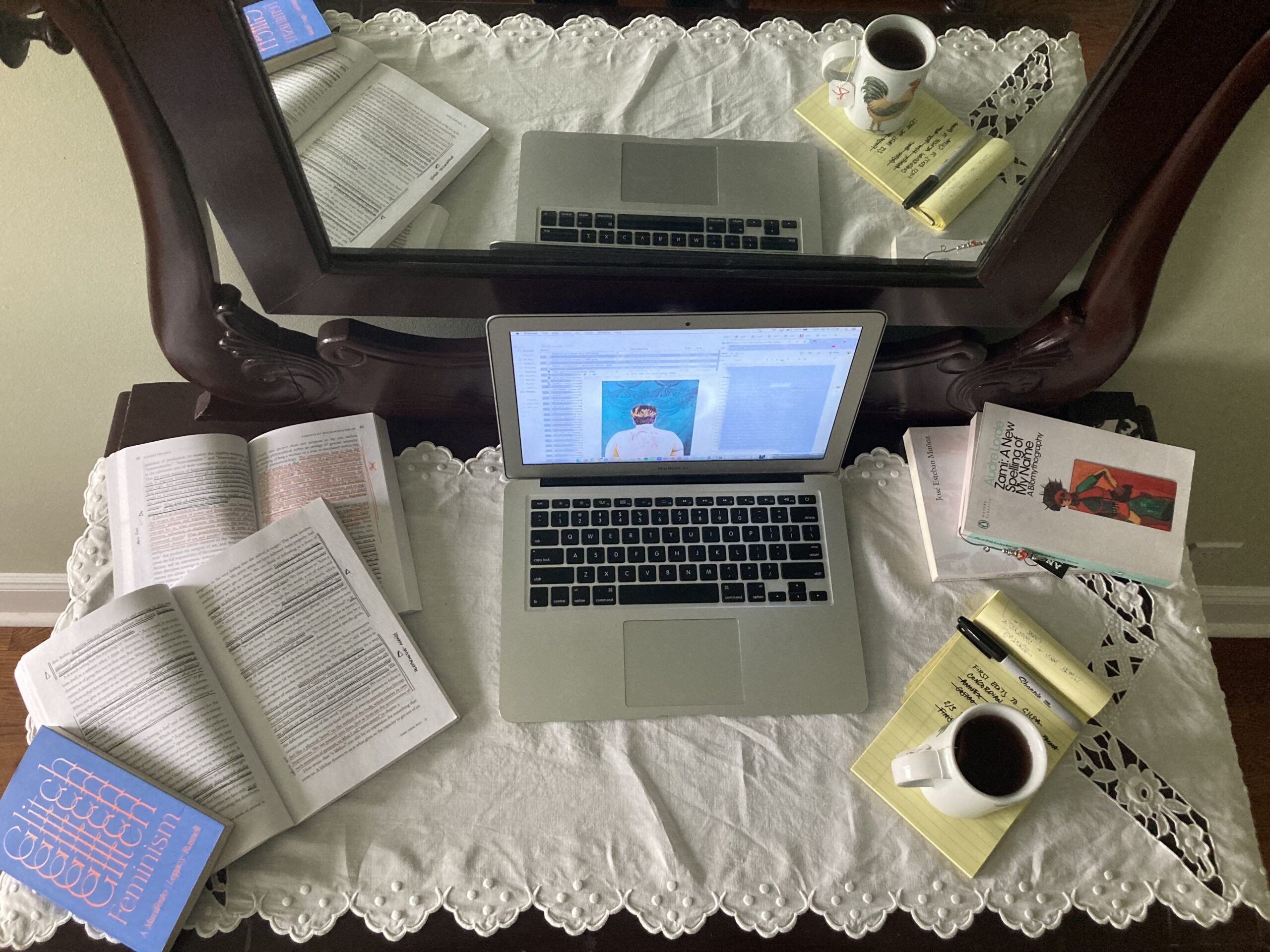Don’t miss the films screened during Concordia art history student-organised week of events for Palestine.
On the week of Jan. 29, a group of Concordian art history students organised a week of events for Palestine. Their intention was to host meaningful sites of horizontal solidarity, seeking to platform Palestinian artists and stories of resistance in conversation with decolonial art histories and artworks.
Their events included a teach-in on Jan. 29, with Palestinian artists Jenin Yaseen and Sameerah Ahmad, whose work was briefly censored from the Royal Ontario Museum’s exhibition Death: Life’s Greatest Mystery, which opened on Oct. 28, for its depictions of Muslim mourning traditions and the presence of Palestinian subjects. The works of Jewish artists were also removed from display. Following an 18-hour action of solidarity where the artists and 50 supporters rallied outside the museum to challenge its censorship, the pieces were reinstalled. However, the museum placed warnings and context panels next to the artists’ works.
At the date of this article’s publication the group will host a Day of Film Screenings in collaboration with Raah lab, Raah, a research lab aiming to examine the intersection of migratory processes and media practices, entitled “Decolonizing Memory: Heritage, Displacement and Narratives of Resistance.” The films will screen in Raah Fab, FB. 630.17. Not sure which screening to attend, or missed one you were interested in? Here are details about each screening:
12:30-2pm: The Truth: Lost at Sea (dir. Rifat Audeh, 2017) is an award-winning film that discusses the Israeli attack on the 2010 Gaza Freedom Flotilla, consisting of a convoy of six civilian boats from various nations, including Canada, carrying humanitarian aid. The Freedom Flotilla refused Israel’s demand to turn away as they neared Gaza on international waters, and were raided by Israeli Occupation Forces in an overnight attack. Numerous unarmed civilian human rights activists were killed, and the film details the story of this attack and its resulting media coverage from the perspective of one of the survivors. The screening will be followed by a discussion with the director, moderated by Claire Begbie, a PhD candidate in film studies at Concordia.
3-4:30pm: A series of short films by Forensic Architecture, a research agency, based in Goldsmiths, University of London, which investigates human rights violations including violence committed by states, police forces, militaries, and corporations. The featured shorts focus on investigations of Palestine/Israel, including: Conquer and Divide (2019), Living Archeology in Gaza (2022), Executions and mass graves in Tantura, 23 May 1948 (2023), Destruction and Return in Al-Araqib (2017), Sheikh Jarrah: Ethnic Cleansing in Jerusalem (2021), and Herbicidal Warfair in Gaza (2019). These films employ cutting-edge techniques in spatial and architectural analysis, open source investigation, digital modelling, and immersive technologies, as well as documentary research, situated interviews, and academic collaboration to discuss the history and current situation in Palestine. The screening will be preceded by a presentation on Forensic Architecture by guest Dr. Tracy Valcourt.
5-6pm: Un-Documented: Unlearning Imperial Plunder (dir. Ariella Aïsha Azoulay, 2019) discusses the treatment of plundered objects in European museums and asylum seekers in the same European countries. Arguing these migrations are interrelated, the film juxtaposes the generous hospitality stolen objects receive by the same countries who deny entry and care to people to whom the objects truly belong. Un-Documented articulates the power of material culture as a bastion of human rights, illuminating the violence of plunder and the urgency of repatriation. This screening will be introduced by art history doctorate student, Alexandra Nordstrom.
6:30-8pm: La Piedra Ausente (The Absent Stone) (dir. Sandra Rozental and Jesse Lerner, 2013), which details the 1964 theft of the Tlaloc stone, the largest carved stone of the Americas from the town of Coatlinchan to the National Anthropology Museum in Mexico City. The film explores the importance of so-called ruins of the past in the present day, to shore up the living injury of extraction, the technologies of violence, and the construction of nationalism. This screening will be introduced by art history masters candidate, Karina Roman Justo.
The remainder of the week of action include a Day of Action, including zine making and letter writing, on Jan. 31; a group gallery tour of Velvet Terrorism: Pussy Riot’s Russia at the Musée d’art contemporain de Montréal to critically engage aesthetics of resistance on Feb. 1; and a vigil in collaboration with Solidarity for Palestinian Human Rights (SPHR) Concordia on Feb. 2.
